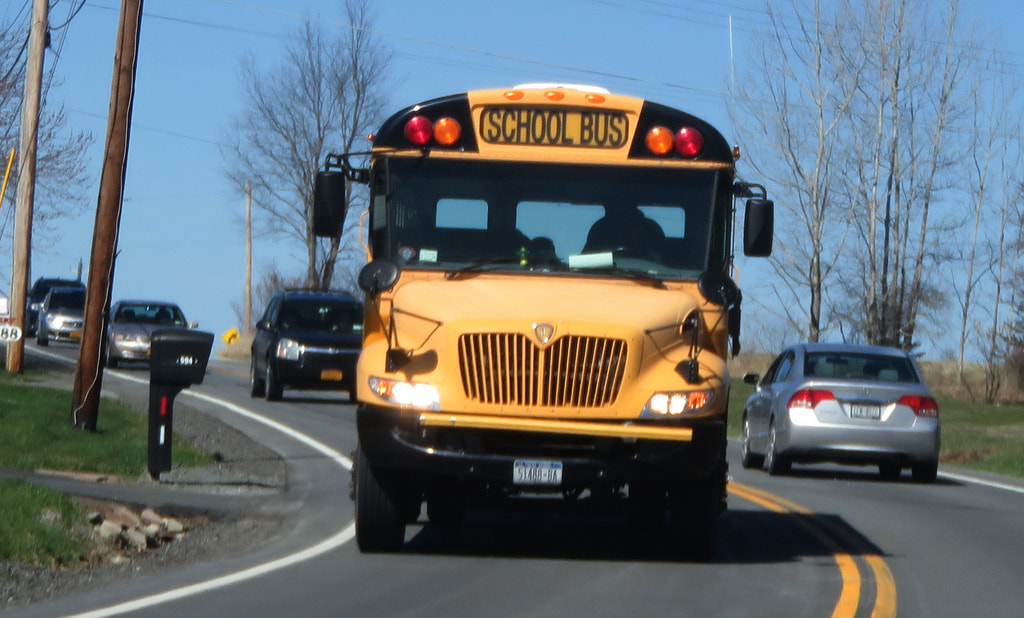| If you have school-aged children, maybe you’ve noticed the fees. Schools are hitting you up for everything from textbook rentals to activities and lab fees. And if you have more than one child in the system, you may not afford a vacation this summer. A recent internal audit by the State Board of Education concluded these are jeopardizing the idea of equal access to education. |
| | They have increased almost 30 percent since 2012, and they have spread. Schools require about 18 percent more of them now than six years ago. But that’s just one element of a complicated education picture in the Beehive State. While parents are hunting down extra change for fees, voters will be asked in November whether they would agree to raise their gas taxes by 10 cents per gallon — money that would be shifted and contorted through state coffers to add to public school funding. School fees often are imposed in lieu of tax increases, which would do the job more equitably. But the state’s primary method for funding public schools, the income tax, is something a lot of conservative lawmakers hate with a passion. So instead they raise property taxes and ask for gas-tax increases in a vote that likely will hinge on whatever OPEC is thinking about the artificial supply and demand equation in November. Adding to all this, a lot of politicians feel public education is too loosey-goosey in Utah. Earlier this year, state Sen. Jim Debakis, D-Salt Lake City, introduced a resolution that would have allowed voters to decide whether to abolish the State Board of Education and let the governor appoint a school superintendent to run things. Debakis said the lack of leadership and accountability in public education in Utah is “a dirty little secret.” His resolution passed the House but failed in the Senate. That’s a lot of turmoil and intrigue for a segment of government that demands a lot of people’s money but occupies a miniscule part of their political thought processes. Scour social media and you are likely to find reams of memes from friends about the president, liberals and conservatives. It’s a rare day when something pops up about the State Board of Education. Apparently, the mere act of taking money from your wallet and demanding your children for several hours a day can’t compare with fears about what the other party is trying to do in Washington. And you thought it was just the federal government that was illogical. In Utah, primary elections loom on June 26. If you live in roughly the Kearns and Alpine areas, you will have the chance to whittle the candidates vying to represent you on the state school board to two. You also have a chance to question all the candidates in debates. I will be moderating one Tuesday at 7 p.m. at the Mountainville Academy, 195 S. Main in Alpine. A second debate among candidates in Kearns will be held Wednesday at 7 p.m. at the Ethneos Academy, 4710 W. 6200 South. Go to http://www.utahdebates.org/ for more information. In November, eight of the state board’s 15 districts will be up for election. Each district represents about 150,000 people. I plan to ask candidates whether we still need a state board, and why they feel they are qualified to distribute about $4 billion a year to school districts and charter schools. I want them to tell me how political they think the board ought to be. Many lawmakers want them to represent political parties. What would these candidates do about a teacher shortage that now extends to much of the nation? And, perhaps most importantly, who actually runs education in Utah? Is it the governor, the Legislature, the State Board of Education, your local school district or someone else? More to the point, who should it be? Just under 30 percent of the Salt Lake City metro is under 18 years of age — the highest such ratio of any metro area in the country, according to a 2015 study by citylab.com and the Martin Prosperity Institute. Public education is a cornerstone to the state’s future workforce, its economic growth and its quality of life. Convention wisdom says you neither know nor care about the state board. It’s hard to imagine that’s true, especially considering what public education costs you. |


 RSS Feed
RSS Feed

